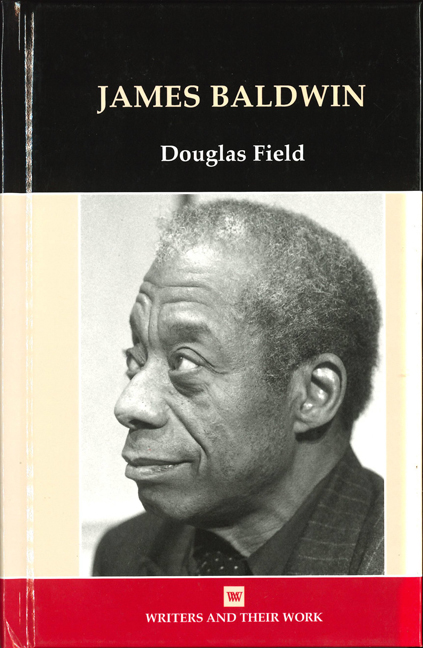Book contents
5 - Baldwin and Religion
Summary
The question of Baldwin and religion is indeed, as David Leeming puts it, ‘a naughty one’. As I explore in this chapter and discussed in the introduction, Baldwin who grew up in a fiercely religious household, left the church at the age of seventeen to embark on a different journey. And yet to suggest that Baldwin simply swapped the pulpit for the pen is to overlook his continuing fascination and preoccupation with religion and spirituality. Baldwin was deeply critical of aspects of the church and yet his work is shot through with biblical imagery, theologically nuanced commentaries and reflections on spirituality. As he acknowledged in ‘Autobiographical Notes’, the opening piece in his first collection of essays, his prose was deeply indebted to the King James Bible and yet the church's influence was by no means merely aesthetic.
As a child Baldwin had attended various Baptist churches with his father, including the famous Abyssinian Baptist Church on 138th Street in Harlem, run by the notorious preacher and congressman, Adam Clayton Powell. At some point in his early teenage years, Baldwin accompanied friends to the church of Mother Rosa Horn, the Mount Calvary Assembly of the Pentecostal Faith of All Nations. Mother Horn was well known in Harlem for attracting hundreds of worshippers and for her claims of healing the sick and even raising people from the dead. Baldwin would later move to another church, the Fireside Pentecostal Assembly, where, at the age of fourteen, he became ‘a Holy Roller Preacher’.
Baldwin's brief encounter with Mother Horn's church is important for two particular reasons. The Harlem of his youth, Baldwin recalled, was a place where ‘the wages of sin were visible everywhere’. As a young boy, vulnerable to sexual molestation, Baldwin felt ‘one of the most depraved people on earth’, causing him to flee to the safety of the church (CE 299, 297). Baldwin's early teenage years, as David Leeming notes, were a period in ‘which he was to be nearly overwhelmed by sexuality, and, almost at the same moment, by religion’. This connection between religion and sexuality is a crucial – if not central – dynamic in Baldwin's writing. In his recollection of joining Mother Horn's church, Baldwin is struck by the similarity between the church and the sexual depravity of the streets. Mother Horn's first question, ‘[w]hose little boy are you?’
- Type
- Chapter
- Information
- James Baldwin , pp. 73 - 85Publisher: Liverpool University PressPrint publication year: 2011



